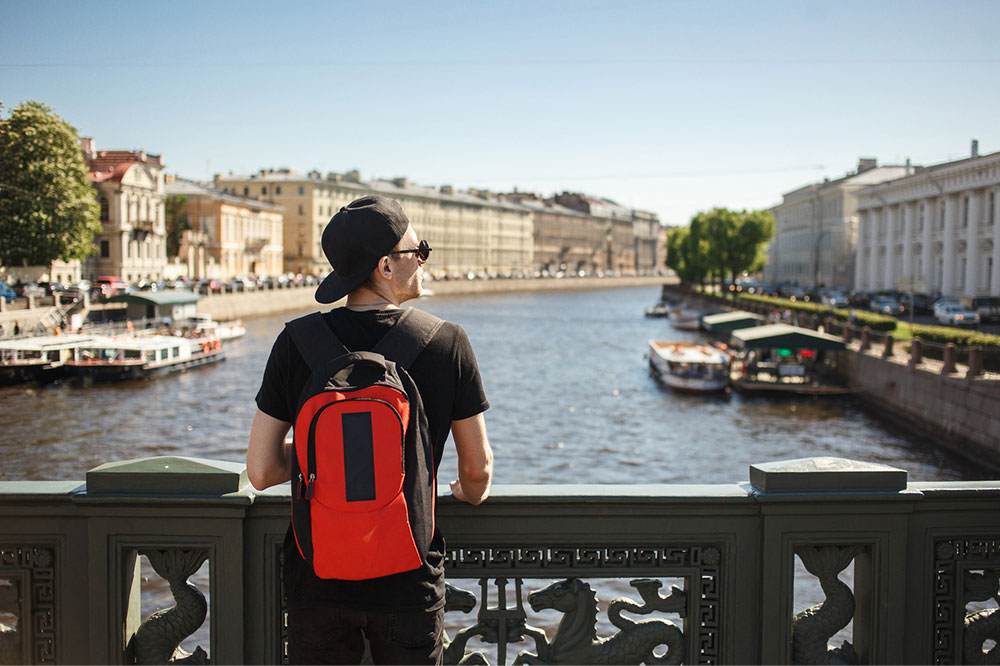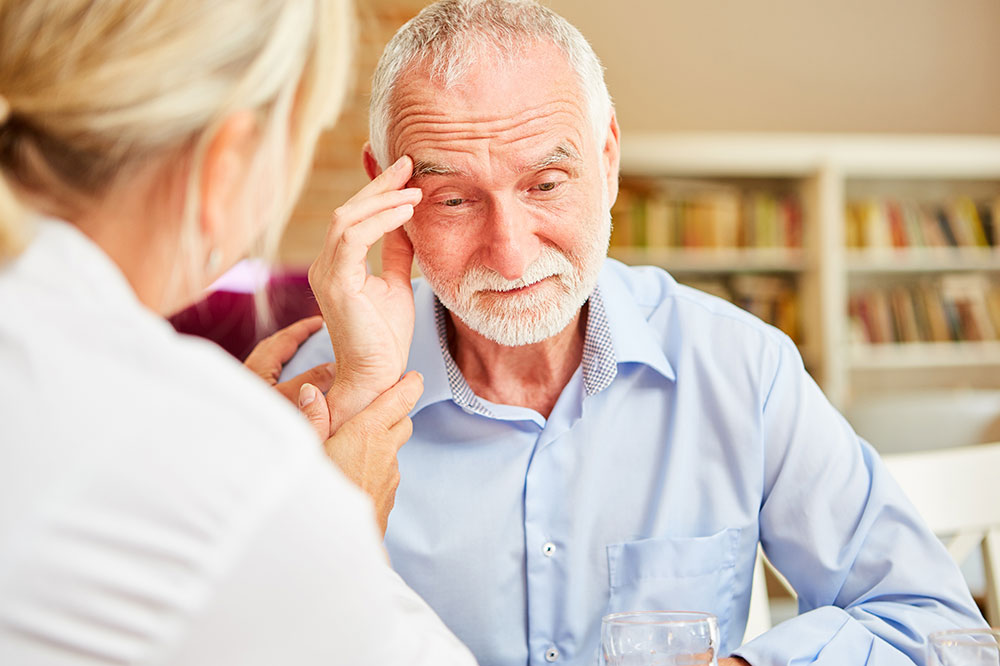7 things to avoid while traveling in Europe

Europe is rich in art, culture, cuisine, and architecture. It is one of the most traveled-to continents in the world and welcomes many visitors all year round. When traveling to a foreign country, there are many dos and don’ts, and it is crucial to abide by the laws of that nation. You must put the following items on your “don’t do” list when traveling to Europe to avoid trouble and have a wonderful vacation.
Littering
Following local laws and regulations and not littering when visiting a new country is a moral obligation. Several European nations have strict garbage-control rules. In Germany, the Pfand system is used, which adds 5 to 25 cents to your bill every time you buy plastic and glass bottles and cans and then return them to another shop. The Pfand system helps keep the surroundings clean.
Walking on the bicycle lane
Riding a bicycle is a particularly energy-efficient and environmentally friendly form of transportation widely used throughout Europe. Cycling is inexpensive and simple to navigate owing to the well-connected lanes. Therefore, walking in bicycle lanes is against the law and extremely dangerous. Hence, prohibit walking on these lanes to avoid injury or conflicts with locals.
Feeding pigeons
Pigeon feeding has been prohibited in many Italian cities since 2008 and is still banned in Venice. Feeding pigeons is punishable, as they don’t know when to stop eating. Giving treats can harm them and contribute to spreading illness.
Overtipping
It’s customary to give servers a 15%-20% tip of the bill in non-European countries; however, this is different in Italy. It would be a wise precaution to leave no more than is required, especially if you are on a budget. So inquire with the locals about how much to tip the service employees in a restaurant or café.
Taking a cab at night
Avoid using taxis after dark, as they are twice as expensive and can drain your wallet. Many countries, such as England, France, and Switzerland, offer excellent local taxi services, but finding cabs in Europe may take a lot of work. However, using AlloCab, LeCab, and Uber is preferable if you need transportation late at night.
Removing footwear before entering a home
People in numerous eastern countries, such as Poland, walk barefoot in their homes. It’s a prevalent custom in that country. Take off your shoes before entering a home in Poland if you have been invited as a guest to demonstrate cultural awareness. Removing footwear keeps any dirt or messes outside and maintains hygiene.
Waving at the waitstaff
In cafés and restaurants (particularly in France), waving your hand and asking the waiter to come to your table is considered disrespectful and unpleasant. Instead of waving, try other gestures like making eye contact or raising your hand instead of waving. As a visitor to another country, you must observe some basic etiquette.


